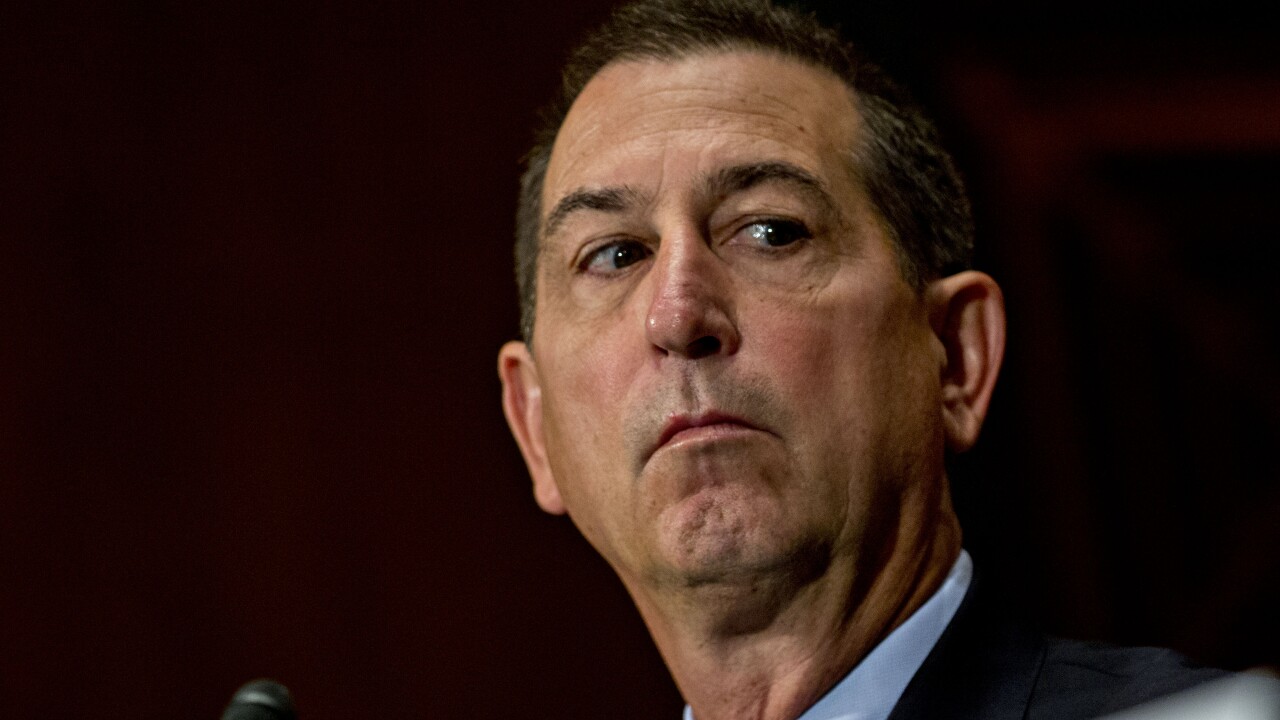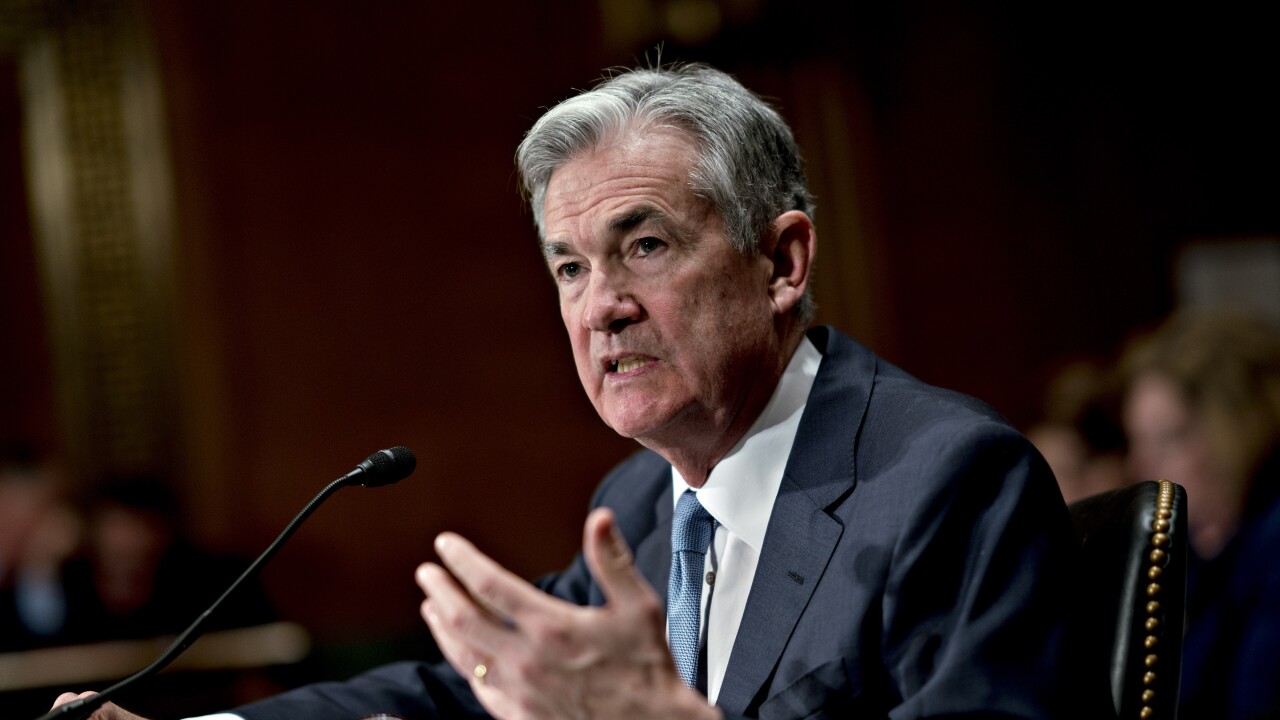-
The Office of the Comptroller of the Currency has been leading the charge on revamping the Community Reinvestment Act, but a big unknown is whether the other two regulators charged with carrying out the law are committed to moving ahead as swiftly on a reform plan.
April 16 -
During earnings calls, bankers praised regulators' latest efforts to modify capital rules. JPMorgan Chase CFO Marianne Lake, meanwhile, called on policymakers to focus on overhauling the G-SIB surcharge.
April 13 -
JPM, PNC, Citi and Wells kick off reporting; Senate banking panel members want to know why so many agency staffers are paid so much.
April 13 -
Acting director wants agency run by a bipartisan body, not a lone director; Fed and OCC push for relaxing the supplementary leverage ratio at the biggest banks.
April 12 -
The agencies proposed changes to the way they apply a capital backstop to the largest systemically important firms, replacing a static leverage ratio with a more dynamic ratio that takes each bank’s risk profile into account.
April 11 -
The comptroller said he is looking to capitalize on the industry's strong profits and high capital reserves to reduce costs and lower exam fees next year.
April 10 -
In his last major speech as the agency’s No. 2, Thomas Hoenig said it would be a “serious policy mistake” to relax measures such as the supplementary leverage ratio, but he was more open to regulatory relief in other areas.
March 28 -
There's been a legislative bottleneck since the the crisis-era law went into effect, but Congress has moved forward on a handful of significant changes.
March 6 -
The Senate legislation would weaken scrutiny of large financial institutions, undercutting Dodd-Frank’s mission to provide tailored oversight across the system.
March 5University of Michigan -
Former CUNA economist Bill Hampel has attended the trade group’s Governmental Affairs Conference for decades, but this year he’ll do so as a Wegner Award winner.
February 26









